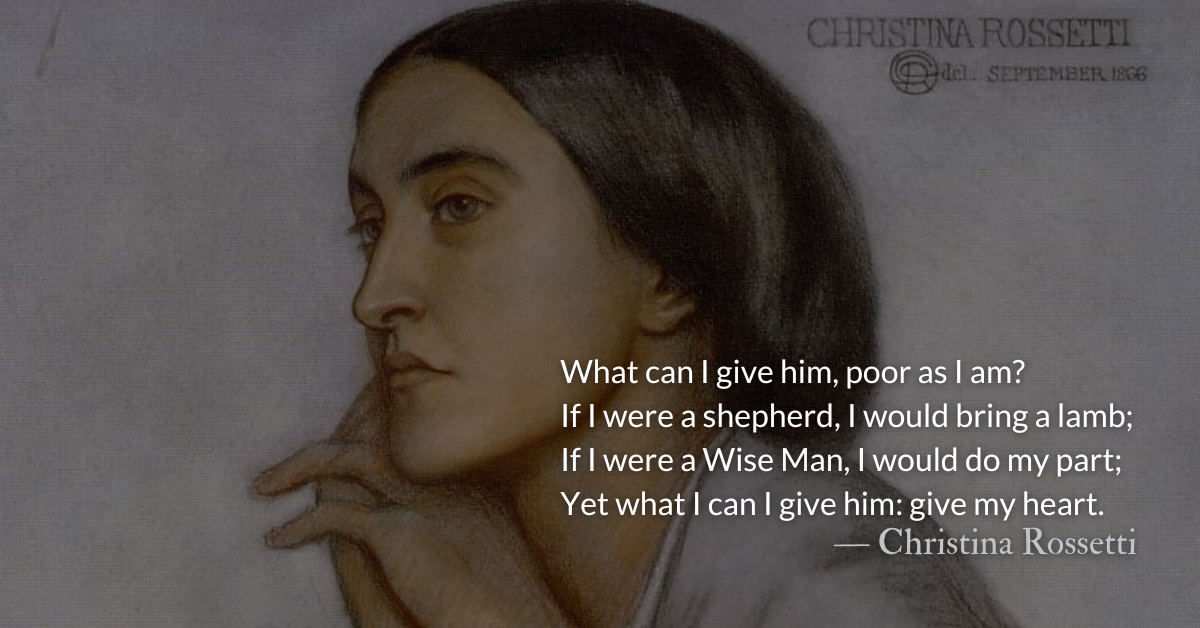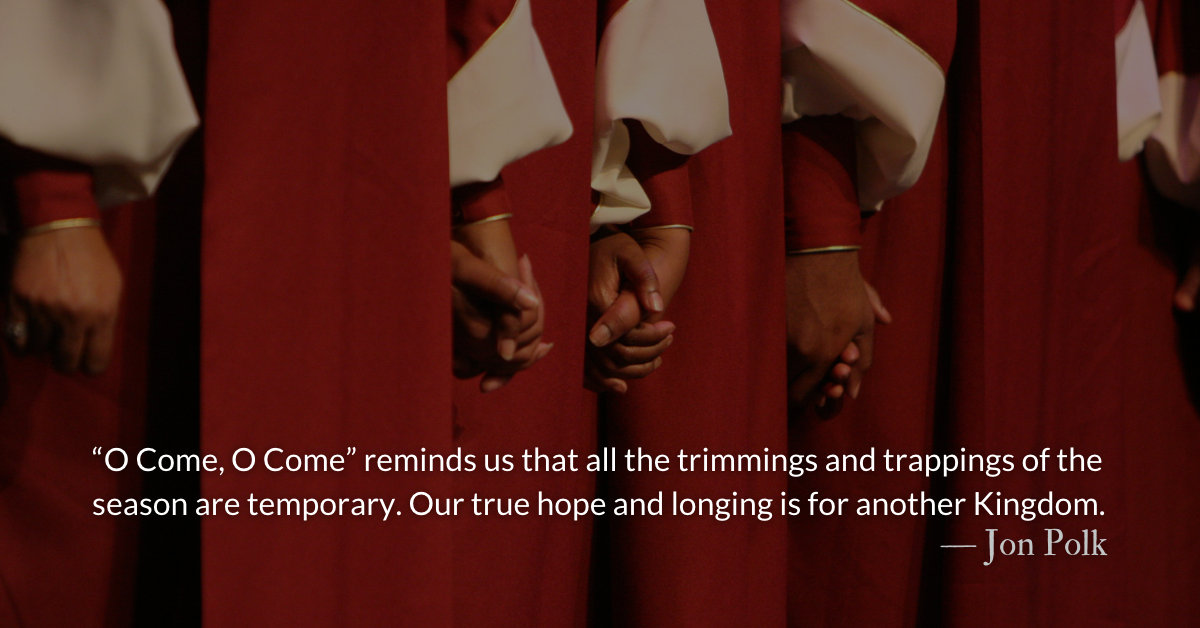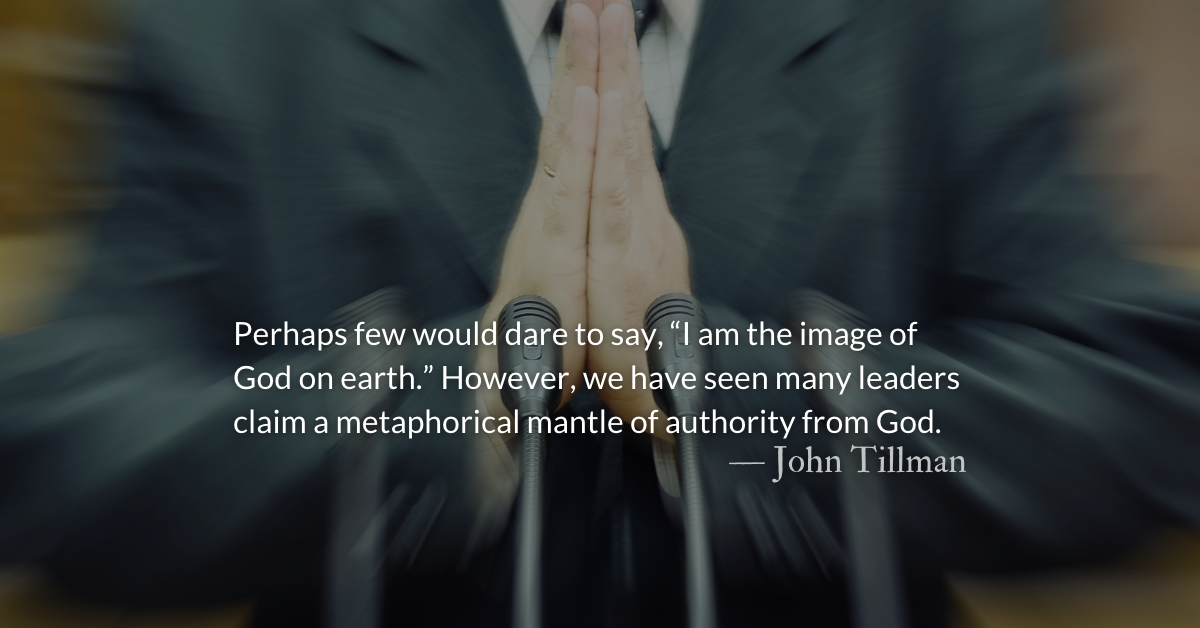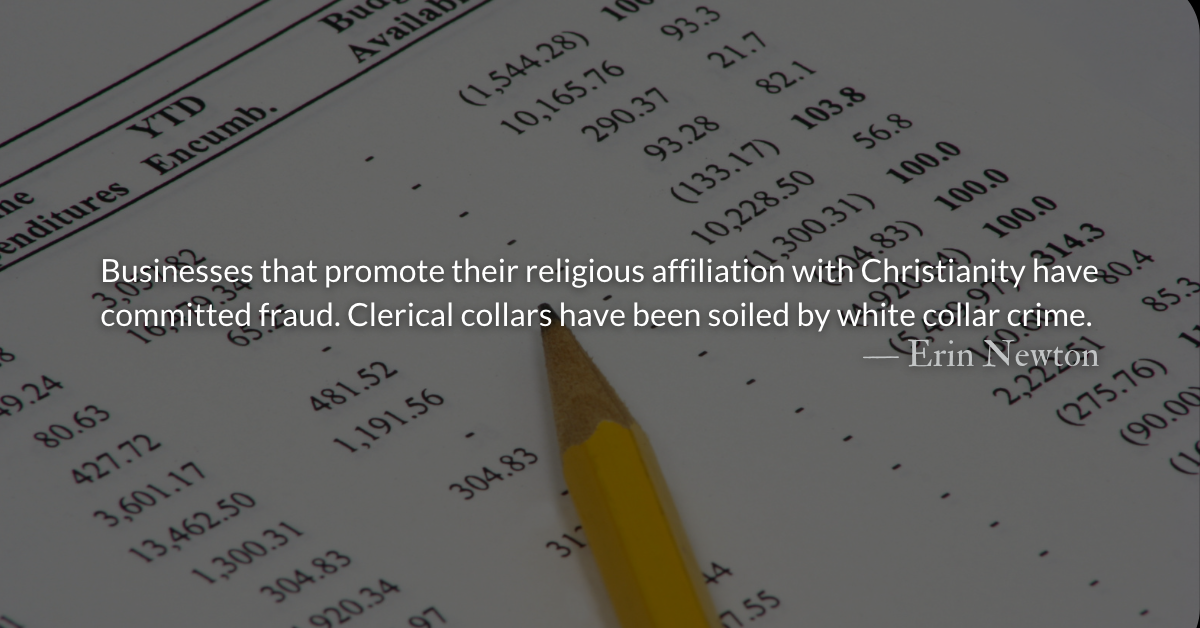Scripture Focus: Hebrews 11:1, 39-40
1 Now faith is confidence in what we hope for and assurance about what we do not see.
39 These were all commended for their faith, yet none of them received what had been promised, 40 since God had planned something better for us so that only together with us would they be made perfect.
Revelation 21:1, 3-4
1 Then I saw “a new heaven and a new earth,” for the first heaven and the first earth had passed away, and there was no longer any sea.
3 And I heard a loud voice from the throne saying, “Look! God’s dwelling place is now among the people, and he will dwell with them. They will be his people, and God himself will be with them and be their God. 4 ‘He will wipe every tear from their eyes. There will be no more death’ or mourning or crying or pain, for the old order of things has passed away.”
Reflection: In the Bleak Midwinter — Carols of Advent Hope
By Jon Polk
Despite the lack of any biblical or historical evidence for the actual date of Jesus’ birth, Christmas has been celebrated on December 25th since the 3rd century. However, the mention of shepherds tending flocks in the Nativity story instead suggests a spring date likely for the birth of Jesus.
Nonetheless, Christmas is tightly identified with the winter season, which may explain why the pensive “In the Bleak Midwinter” is one of the most beloved Christmas carols of all time.
In the bleak midwinter, frosty wind made moan,
Earth stood hard as iron, water like a stone;
Snow had fallen, snow on snow, snow on snow,
In the bleak midwinter, long ago.
While the seasonal details may not be entirely accurate, the poetic implications are clear. The world into which Christ was born is cold, harsh, and dreary, beset by sin and indifference. Into that landscape, our hope, the Messiah, was born.
In the bleak midwinter a stable place sufficed
The Lord God Almighty, Jesus Christ.
The text was written by English poet Christina Rossetti, daughter of Italian parents and member of an artistic family. Her father was a Dante scholar and taught Italian at King’s College. Her brothers were influential in the development of the 19th-century Pre-Raphaelite art movement.
Originally titled, “A Christmas Carol,” Rossetti’s poem was published in the January 1872 edition of the American journal, Scribner’s Monthly. Music was added to the hymn in 1906, twelve years after her death, by composer Gustav Holst.
Christina encountered her share of suffering in her lifetime. As a pre-teen, her father had a serious health breakdown causing him to retire from work. She lived with an autoimmune disorder that affected her thyroid. In 1893, she was diagnosed with breast cancer which took her life a year later.
Unhindered by her own misfortunes, Rossetti was extremely committed to her faith. She spent her time ministering to former prostitutes and using her gift of writing to bring attention to pressing issues of the day, including slavery and the exploitation of young women.
It is no surprise, then, that the final verse of her solemn Christmas hymn contemplates not what Christ has done for us, but rather, what we can do for him.
What can I give him, poor as I am?
If I were a shepherd, I would bring a lamb;
If I were a Wise Man, I would do my part;
Yet what I can I give him: give my heart.
If you are weary from living in a dark and cold world, if you are struggling with adversity or hardship, be reminded to hold on to your faith and hope in the Christ who has broken into our lives in the midst of our bleakest midwinters.
Listen: In the Bleak Midwinter by Kevin Max
Read: Lyrics from Hymnary.org
Divine Hours Prayer: The Refrain for the Morning Lessons
With my whole heart I seek you; let me not stray from your commandments. — Psalm 119.10
Today’s Readings
Esther 1 (Listen 4:14)
Hebrews 11 (Listen 6:22)
Read more about Supporting Our Work
Help us provide biblical content for free with no ads and no agendas. Biblical literacy depends heavily on more extensive Bible reading.
Read more about This We Proclaim
The ancient church did not fix the celebration of Advent around the winter solstice because of history, but because of pedagogy.











